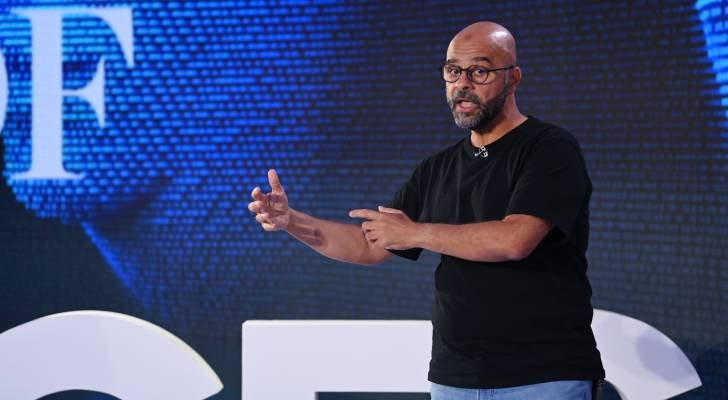Artificial intelligence is rapidly reshaping the global workforce, streamlining tasks, cutting costs and, in many cases, rendering entire roles obsolete. From factory floors to corporate offices, companies are integrating AI tools at a pace that’s forcing a reckoning across almost every industry.
Mo Gawdat, former chief business officer at Google X, takes a far more skeptical view of AI’s impact. While some experts highlight its potential to create new opportunities, Gawdat warns that such optimism may be dangerously misplaced.
“My belief is it is 100% crap,” Gawdat recently said on The Diary of a CEO podcast. “The best at any job will remain. The best software developer, the one that really knows architecture, knows technology, and so on, will stay—for a while.”
He pointed to his own AI venture, Emma.love, as a case study. What once would have required a team of 350 developers, he says, was built by just three engineers with the help of artificial intelligence.
A recent McKinsey report estimates that by 2030, 30% of U.S. jobs could be automated, with 60% of roles significantly transformed by AI. According to Gawdat, even the corner office may not be immune.
“There will be a time where most incompetent CEOs will be replaced,” he said.
Back in January 2023, ChatGPT had about 50 million weekly users. By August 2025, that figure had grown to 800 million, according to DemandSage.
Ray Dalio, founder of Bridgewater Associates, argues that the future economy will depend on our ability to balance AI’s power with human potential. A recent Microsoft report, which analyzed 200,000 anonymized interactions with its AI assistant Copilot, examined which job categories are most likely to benefit from chatbot integration but stopped short of suggesting that AI can fully replace human workers.
“Our research shows that AI supports many tasks, particularly those involving research, writing and communication, but does not indicate it can fully perform any single occupation,” Kiran Tomlinson, a senior researcher at Microsoft, said in a statement to Business Insider.









